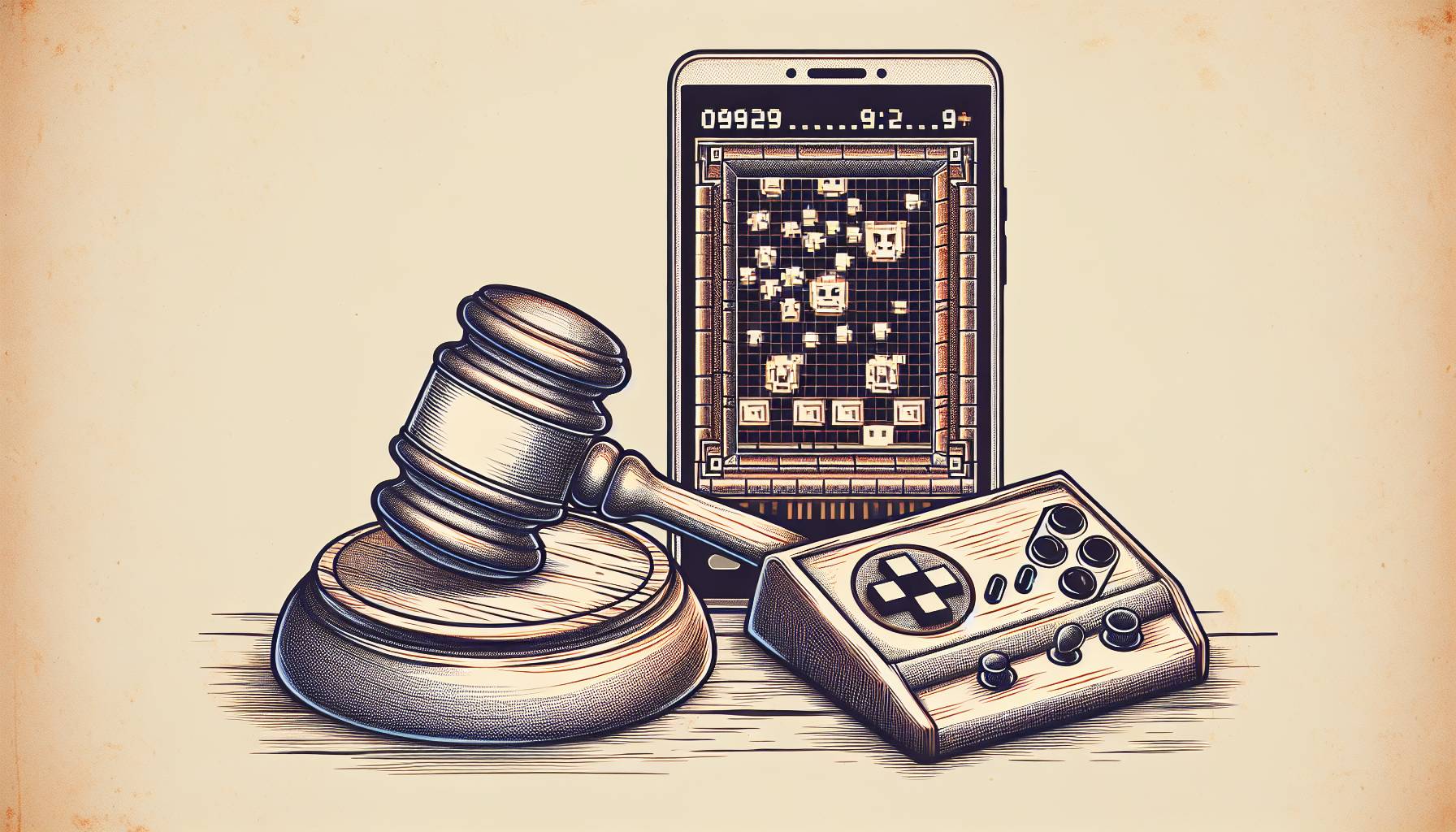Three years ago, Apple shook up the cellular phone market with the iPhone. Since then, it has held all the cards when it comes to negotiations with hardware manufacturers, component makers, and especially cellular carriers. Everybody wants the iPhone, and to get it, they have to pay Apple.
But it’s a tenuous relationship and perhaps one Apple doesn’t really need. Carriers want the iPhone, but Apple doesn’t care about the carriers, who make their money on selling longer-term contracts and collecting monthly fees. Apple sells its hardware (which carriers subsidize), and that’s where it really makes money. It also pulls down quite a bit of revenue from content sold on iTunes.
According to a story from SlashGear via Pocket Gamer, one wireless industry analyst thinks that Apple might decide to jump ship from carriers altogether and start offering wireless service of its own, for its own devices. Industry expert Whitney Bluestein says Apple may well decide to go that route in the near future. That would allow it to maintain total control of the ecosystem and the performance of the network, and also allow Apple to make money from data plans, the way carriers do now.
It’s an interesting thought. On the one hand, Apple has a huge number of credit card numbers on file – some 250 million. That means that it’s well positioned from a retail standpoint to make a big change like this and have it stick. Apple could easily sell data plans and other network bundles through iTunes, just as it does with content and subscriptions now.
While it seems like the plan could make some sense for Apple, there are some things to consider. The first is spectrum: Apple doesn’t own any, and the wireless carriers do. The portions of the electromagnetic spectrum those companies own allows them to transmit calls and date over the air; it’s an integral piece of the puzzle, and Apple will have to go about procuring some section of the spectrum from the government before it can do anything in terms of building a network.
Also, there’s the fact that Apple receives big subsidies from cellular carriers on every iPhone sold. It earns more than $300, and that’s all profit over the roughly $200 it takes to build an iPhone. Killing the relationship with the networks means Apple would likely lose those high subsidies, because users buying iPhones and cell plans directly wouldn’t have any middleman company willing to foot the iPhone bill to get the customers to sign a contract.
With the iPad, it’s potentially a different story, because there are no subsidies. That would allow Apple to sell the device, the content for the device, and the network connection to download the content for the device. It seems like a good strategy, at least in that case.
We’ve heard that Steve Jobs considered trying to make Apple its own wireless provider back when he was CEO of the company, so Bluestein’s idea isn’t completely out of left field. She also thinks that Apple’s steps in this direction will cause Google to do the same; although, it might be a while for the search giant, since it severely lacks Apple’s retail base.
Find great iOS games here












